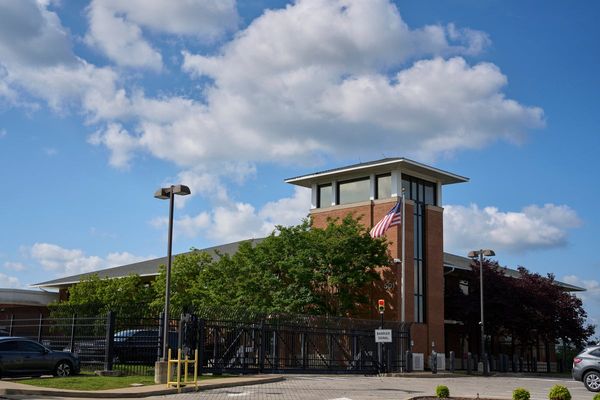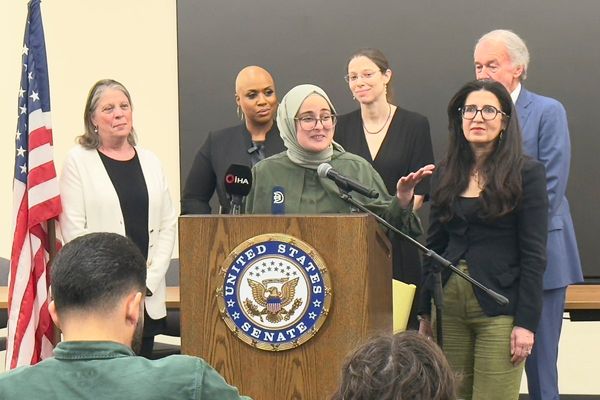
Rightly regarded as one of the finest films ever made about Australian adolescents, the director Bruce Beresford’s 1978 drama The Getting of Wisdom exists in a space unaffected by time. It’s hard to imagine the film’s themes – from puberty-related growing pains to repressive institutions and comparisons between small-town and big-city life – ever going out of fashion. And the story is so well told, with such attention to detail and an implicit understanding of the rhythms required for interesting drama, it has aged not a jot over three and a half decades.
Adapted from the author Henry Handel Richardson’s novel, the film is a tale about growing up, the title another spin on “coming of age”. And its central location, an exclusive Melbourne ladies college, could be a stand-in for any tertiary institution or even a microcosm of society.
One year after The Getting of Wisdom opened in cinemas, the director Gillian Armstrong’s seminal My Brilliant Career arrived. Their protagonists share a number of similarities. They are both headstrong women in early 20th-century Australia; precocious, talented and stubborn creative people navigating turning points in their lives and rubbing up against restrictive environments.
Wisdom’s Laura Tweedle Ramsbotham (Susannah Fowle) may be considerably younger than My Brilliant Career’s Sybylla Melvyn (Judy Davis) but she’s no less determined and certainly no less obstinate. “I’m going to be famous and even famous people have to be educated,” the 13-year-old declares to a friend in the opening reels, before moving from her small home town to a fancy boarding school in the city.
As the new kid, Laura is quickly introduced to the headmaster’s harsh regime, ridiculed in class and picked on by other students. Interactions with her classmates (including a young Sigrid Thornton and Kerry Armstrong) play out like proto-Mean Girls scenarios: Laura must choose between adopting to harsh political surroundings or being victimised.
Laura achieves popularity through inventing a story about a supposed romantic relationship with Reverend Shepherd (John Waters), a figure the other girls pine over. When she is caught out in a lie, an older girl named Evelyn (Hilary Ryan) comes to her aid. They develop a close relationship, which Beresford heavily insinuates is a lesbian romance. “I won’t share you with anybody,” Laura assures Evelyn, coming on too strong and leaving her new friend-with-benefits looking for an exit.
A large part of the film’s cynicism towards authority figures is expressed through the development of its male supporting characters. When Laura spends time with Shepherd she discovers him to be sexist and cruel to his wife, a sobering revelation. And when Reverend Strachey (Barry Humphries in a deadly serious role, light years from his trademark comedy creations such as Dame Edna and Les Patterson) tears shreds off of a girl caught stealing and expels her, he takes a perverse amount of enjoyment and showmanship in the act of berating her.
The girls’ uniform (particularly the straw hat with ribbon) and school setting will remind contemporary audiences of recent teen movies such as 2008’s Hey Hey It’s Esther Blueburger, and most of the themes haven’t changed. The Getting of Wisdom branches off into familiar schoolyard politics and life turning points including getting teased and fighting back, making friends and dealing with enemies, managing and rebelling against authority figures and going through early stages of sexual exploration.
Technically, the film is regularly and at times unexpectedly innovative. Creative use of point-of-view shots and a mixture of high and low angle compositions convey a sense of the cinematography of Donald McAlpine (whose credits include a raft of Australian classics as well as Hollywood pics such as Predator, Mrs Doubtfire and Ender’s Game) is constantly on the move, looking for new ways to frame his young subjects.
Susannah Fowle cuts a magnificent presence as Laura, conveying a magnetic balance of youthful brashness and adult-like calculation. Fowle brings real substance to the idea that Laura is both a product of her age – inexperienced in life and prone to making mistakes – but in some sense ahead of her years, which is communicated in part by a prodigy-like ability to play the piano.
At the time of filming, the actor – astonishingly – had no prior experience, which adds extra wow factor. How Fowle did not become a household name is a mystery but she will be forever remembered for The Getting of Wisdom, in a role that set the benchmark for performances by teenagers in Australian cinema.







